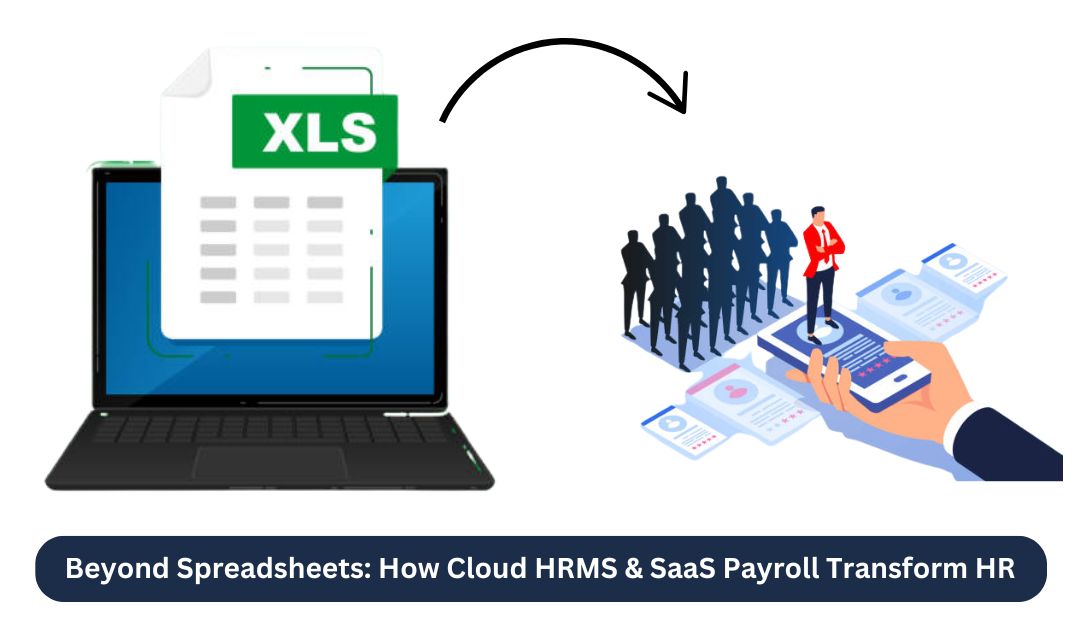How Project Management Frameworks Can Streamline Remote Projects

The rise of remote work has transformed the way teams collaborate and manage projects. While this shift offers flexibility and access to a global talent pool, it also presents unique challenges in communication, coordination, and productivity. To navigate these complexities, adopting effective project management frameworks is essential. These frameworks provide structured approaches that can help streamline remote projects, ensuring that teams remain aligned and productive despite physical distances.
The Rise of Remote Work and Project Management Challenges
Remote work has become increasingly prevalent, driven by advancements in technology and changing workforce preferences. However, this shift has introduced several challenges:
- Communication Barriers: Without face-to-face interactions, misunderstandings can arise more easily.
- Task Visibility: Tracking progress on tasks can be difficult when team members are dispersed.
- Team Cohesion: Building relationships and trust among team members is harder in a virtual environment.
- Time Zone Differences: Coordinating schedules across different time zones can complicate project timelines.
To address these issues, implementing structured project management frameworks can significantly enhance remote project execution.
What Are Project Management Frameworks?
Project management frameworks are structured methodologies that outline processes, tools, and techniques for managing projects effectively. They provide a clear roadmap for teams to follow, helping to ensure that projects are completed on time, within scope, and at the desired quality level. Common frameworks include Agile, Waterfall, Kanban, and Scrum.
Benefits of Project Management Frameworks for Remote Teams
Implementing project management frameworks offers numerous benefits for remote teams:
Enhanced Communication and Collaboration
- Structured Interaction: Frameworks like Agile encourage regular check-ins (e.g., daily stand-ups), fostering open lines of communication.
- Clear Expectations: Defined roles and responsibilities help prevent confusion about who is responsible for what.
Improved Task Management and Visibility
- Centralized Tracking: Tools associated with these frameworks often include dashboards that provide real-time visibility into task progress.
- Prioritization: Frameworks help teams prioritize tasks effectively, ensuring that critical work is completed first.
Increased Efficiency and Productivity
- Streamlined Processes: By following a structured approach, teams can reduce wasted time and effort on unproductive activities.
- Focus on Deliverables: Frameworks emphasize delivering value incrementally, which can enhance overall productivity.
Reduced Risk and Improved Quality Control
- Regular Reviews: Frameworks often incorporate review stages (like sprint reviews in Agile), allowing teams to catch issues early.
- Continuous Improvement: Teams can adapt their processes based on feedback, leading to better outcomes over time.
Stronger Team Alignment and Goal Setting
- Shared Objectives: Clear goals defined within the framework help align team efforts toward common objectives.
- Motivation Through Milestones: Celebrating small wins along the way keeps team morale high.
Popular Project Management Frameworks for Remote Teams
Several project management frameworks are particularly well-suited for remote teams:
Agile Methodology
Agile focuses on iterative development and encourages flexibility. Teams work in short cycles called sprints to deliver small increments of work. This approach promotes collaboration and allows for quick adjustments based on feedback.
Waterfall Method
The Waterfall method is a linear approach where each phase must be completed before moving to the next. While it’s less flexible than Agile, it can be effective for projects with well-defined requirements.
Kanban Boards
Kanban uses visual boards to track tasks as they move through different stages of completion. This method enhances transparency and helps teams manage their workflow efficiently.
Scrum Methodology
Scrum is an Agile framework that emphasizes teamwork through defined roles (like Scrum Master and Product Owner) and regular ceremonies (such as sprint planning and reviews). It encourages accountability and continuous improvement.
Choosing the Right Project Management Framework for Your Remote Team
Selecting the appropriate framework involves considering several factors:
Consider Project Scope and Complexity
Evaluate whether your project requires flexibility (favoring Agile or Scrum) or if it has fixed requirements (favoring Waterfall).
Evaluate Team Size and Preferences
Larger teams may benefit from structured frameworks like Scrum, while smaller teams might find Kanban more manageable.
Align with Existing Tools and Workflows
Ensure the chosen framework integrates well with your current tools to avoid disruption.
Implementing Project Management Frameworks for Remote Success
To implement project management frameworks effectively in a remote setting:
Define Roles and Responsibilities Clearly
Make sure every team member understands their role within the framework to promote accountability.
Utilize Project Management Software Effectively
Leverage software tools designed for your chosen framework (like KaryaKeeper) to keep everyone aligned.
Establish Consistent Communication Channels
Use dedicated channels for project updates, discussions, and feedback to maintain clarity among team members.
Promote Transparency and Regular Progress Updates
Encourage team members to update their progress regularly so everyone stays informed about project status.
Schedule Virtual Team Meetings and Collaboration Sessions
Regular meetings help reinforce team cohesion. Use video calls for discussions to foster connection among team members.
Conclusion
In conclusion, adopting effective project management frameworks is crucial for streamlining remote projects. By enhancing communication, improving task visibility, increasing efficiency, reducing risks, and fostering alignment among team members, these frameworks can significantly improve project outcomes.
If you’re looking to optimize your remote projects further, discover the right project management framework for your team today!
Posts:









